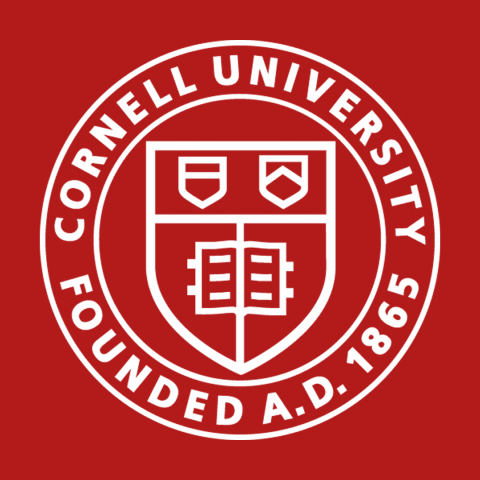Scientific Computing and Numerical Analysis

Scientific computing can be thought of as the application of high-performance numerical algorithms to large-scale computational problems arising in science and engineering, and is therefore ubiquitous in the work of applied mathematicians at Cornell. Numerical analysis is the development of such methods as well as the study of their accuracy, stability, and complexity, and hence is more specialized.
Typical problem classes studied in numerical analysis include ordinary and partial differential equations, continuous optimization problems, and the linear algebra tasks that underlie these and other computations. All of these topics are being investigated in various settings by CAM researchers.
The range of scientific computing at Cornell can be gauged from the homepages of the faculty of the graduate field of computational science and engineering at http://www.cse.cornell.edu/people.html. Examples include the study of solids and structures under uncertainty; the role of rapid evolution in the dynamics of food webs in evolutionary biology; simulation optimization in call center staffing and ambulance deployment; understanding turbulent and reactive flows in combustion; investigation of material structure across multiple length and time scales; and the study of complex systems applied to insect flight.
